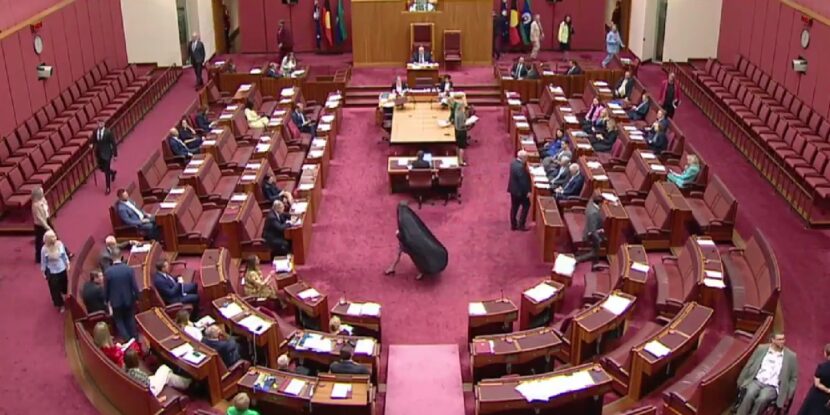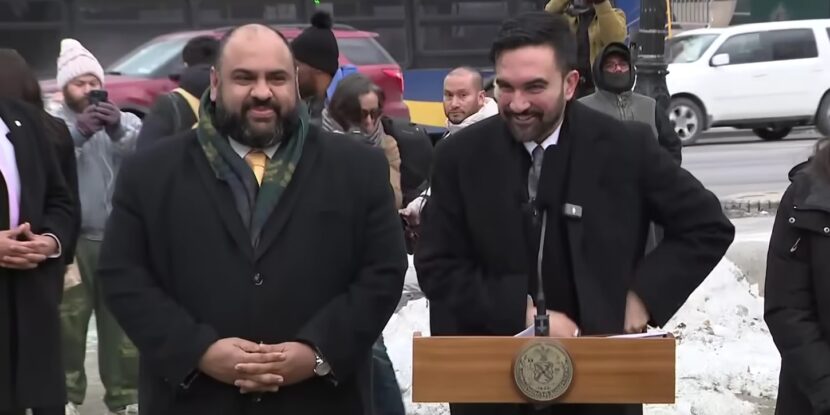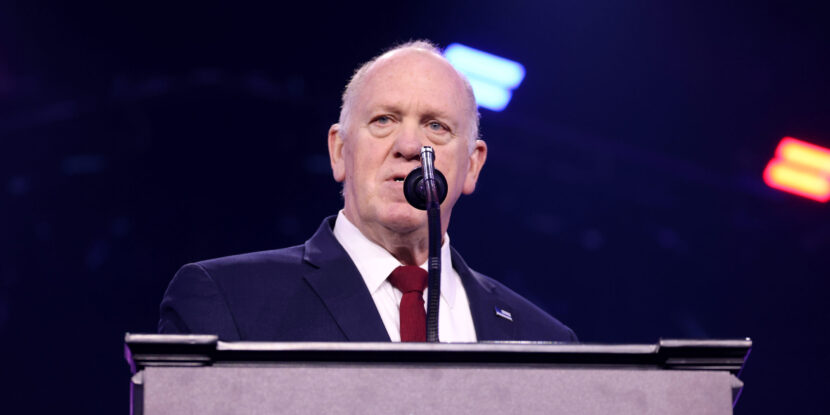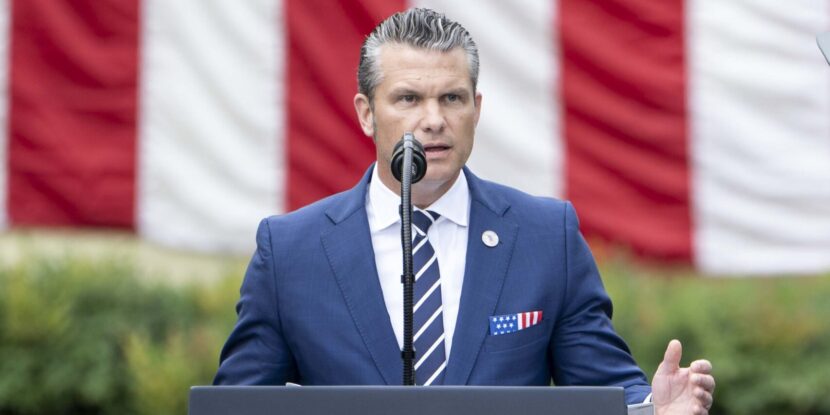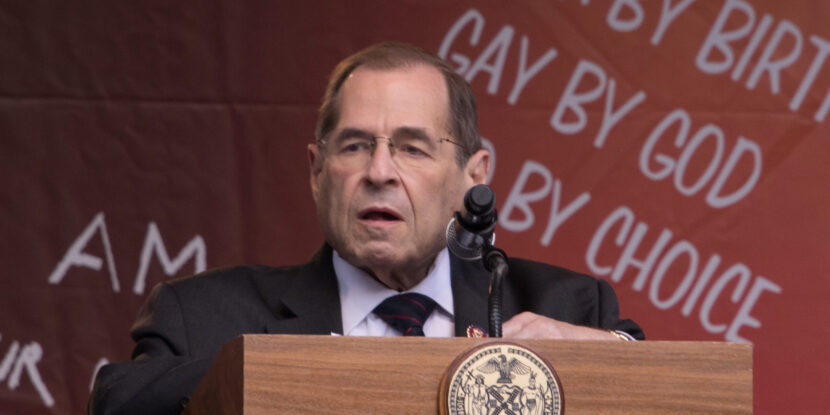❓WHAT HAPPENED: An Australian senator wore a burka in parliament to protest the rejection of a bill aiming to ban full-face coverings in public.
👤WHO WAS INVOLVED: Senator Pauline Hanson, leader of the populist One Nation party, Green Party Senator Mehreen Faruqi, and Foreign Minister Penny Wong.
📍WHEN & WHERE: The incident occurred in the Australian Senate on Monday.
💬KEY QUOTE: “If they don’t want me wearing it—ban the burka.” – Pauline Hanson
🎯IMPACT: The stunt has reignited debates over religious face coverings.
Australian populist politician Pauline Hanson, the leader of One Nation and a senator for Queensland, ignited a new round of controversy in the Australian Senate after entering the chamber wearing an Islamic burka. The gesture came moments after other senators blocked her attempt to introduce a bill seeking to prohibit full-face coverings in public places. Hanson has campaigned for such a ban for years and previously wore a burka in parliament in 2017 while pushing a similar proposal.
Leftist Green Party Senator Mehreen Faruqi denounced Hanson as “a racist senator, displaying blatant racism.” Foreign Minister Penny Wong described Hanson’s behavior as “disrespectful,” arguing that “We represent in our states, people of every faith, of every faith of all backgrounds. And we should do so decently.” Wong added that Hanson was “not worthy of a member of the Australian Senate” and moved to have her suspended when she refused to remove the garment. Hanson later responded on Facebook, writing, “If they don’t want me wearing it—ban the burka.”
The incident has revived debate over religious face coverings, against a wider international backdrop in which questions over Islam, integration, and national identity are increasingly prominent in Western discourse. In Italy, the government has proposed legislation targeting what it calls Islamic separatism, including a nationwide ban on face-covering garments such as the burka and niqab in public.
In the Dominican Republic, a lawmaker has submitted a bill that would outlaw Sharia law and halt the construction of new mosques, asserting that national security must take precedence over all other considerations.
Demographic anxieties are also surfacing in the United States, where projections suggest Christians could fall below 50 per cent of the population by mid-century as both atheism and Islam continue to grow.
Join Pulse+ to comment below, and receive exclusive e-mail analyses.
